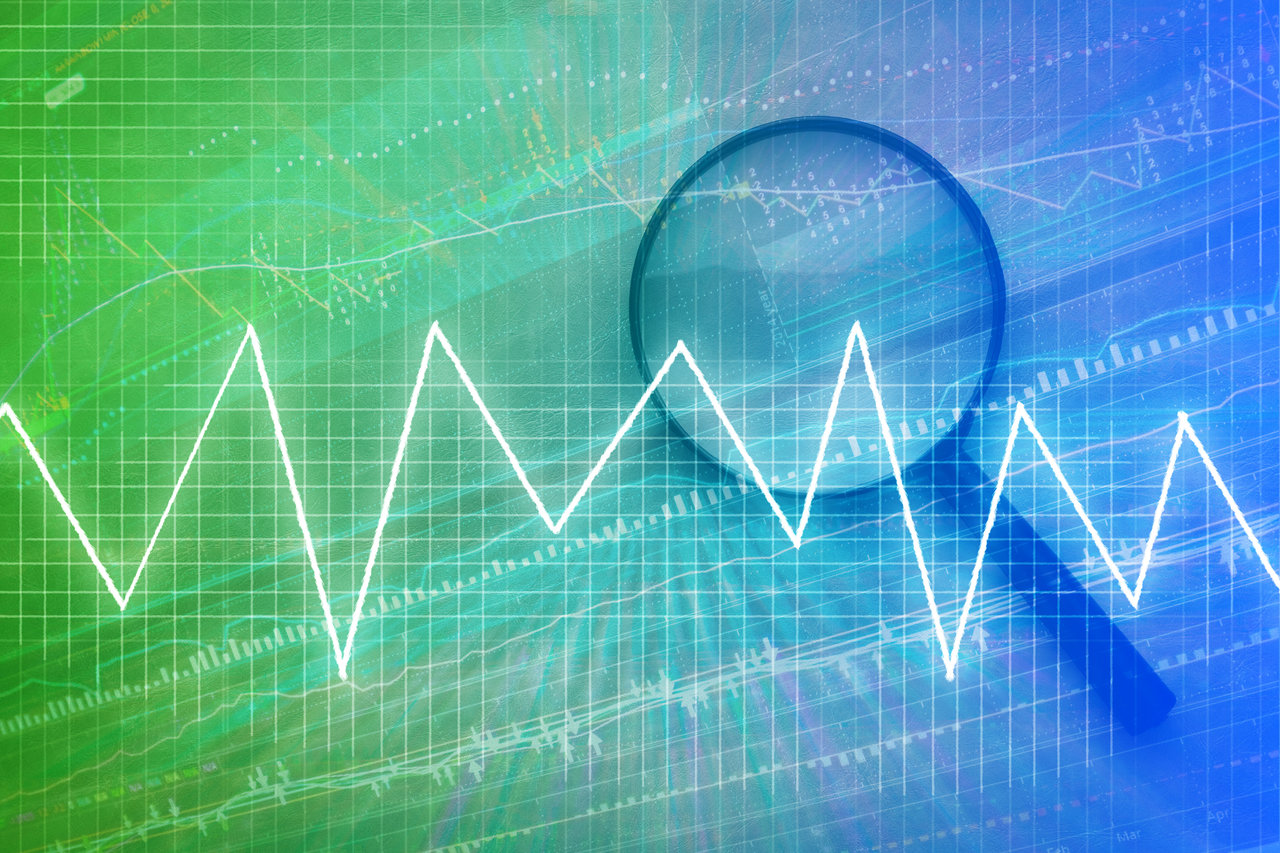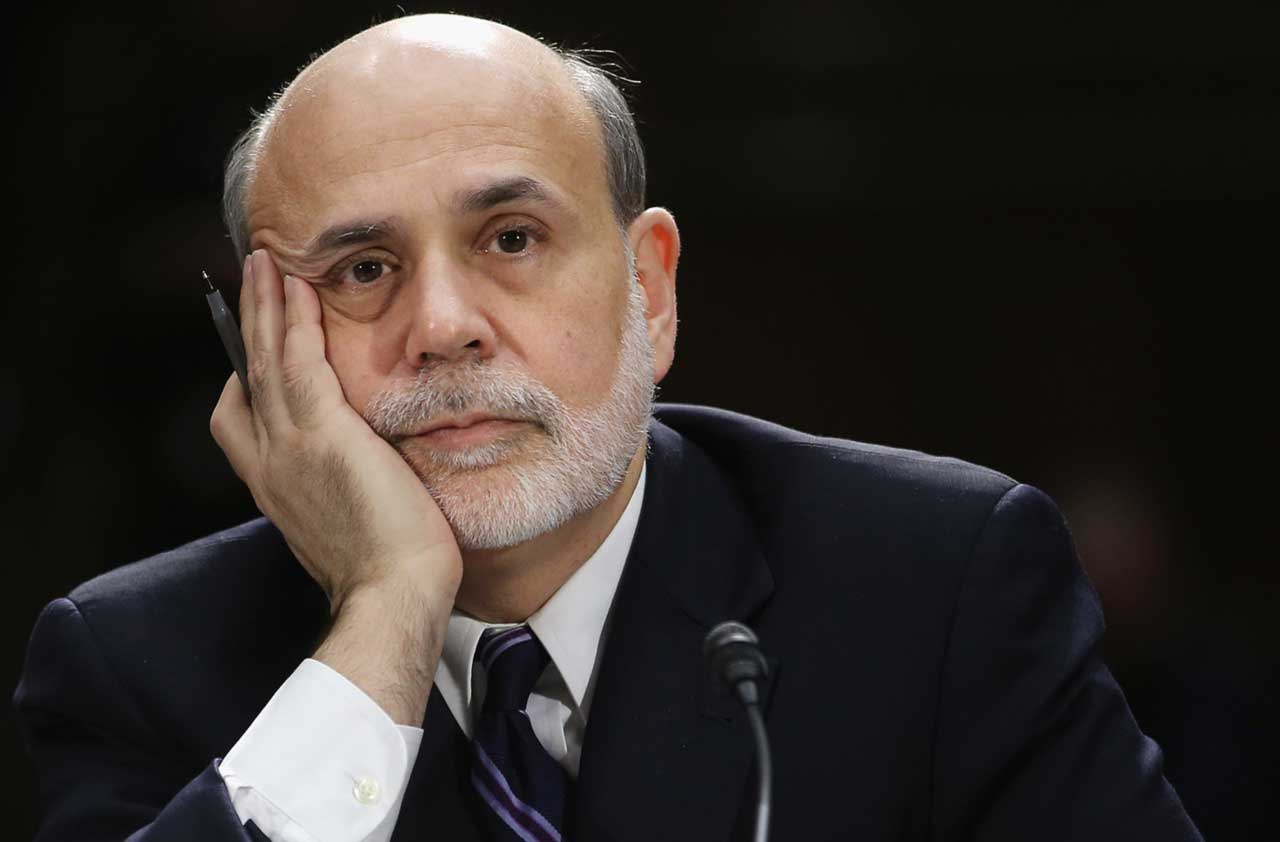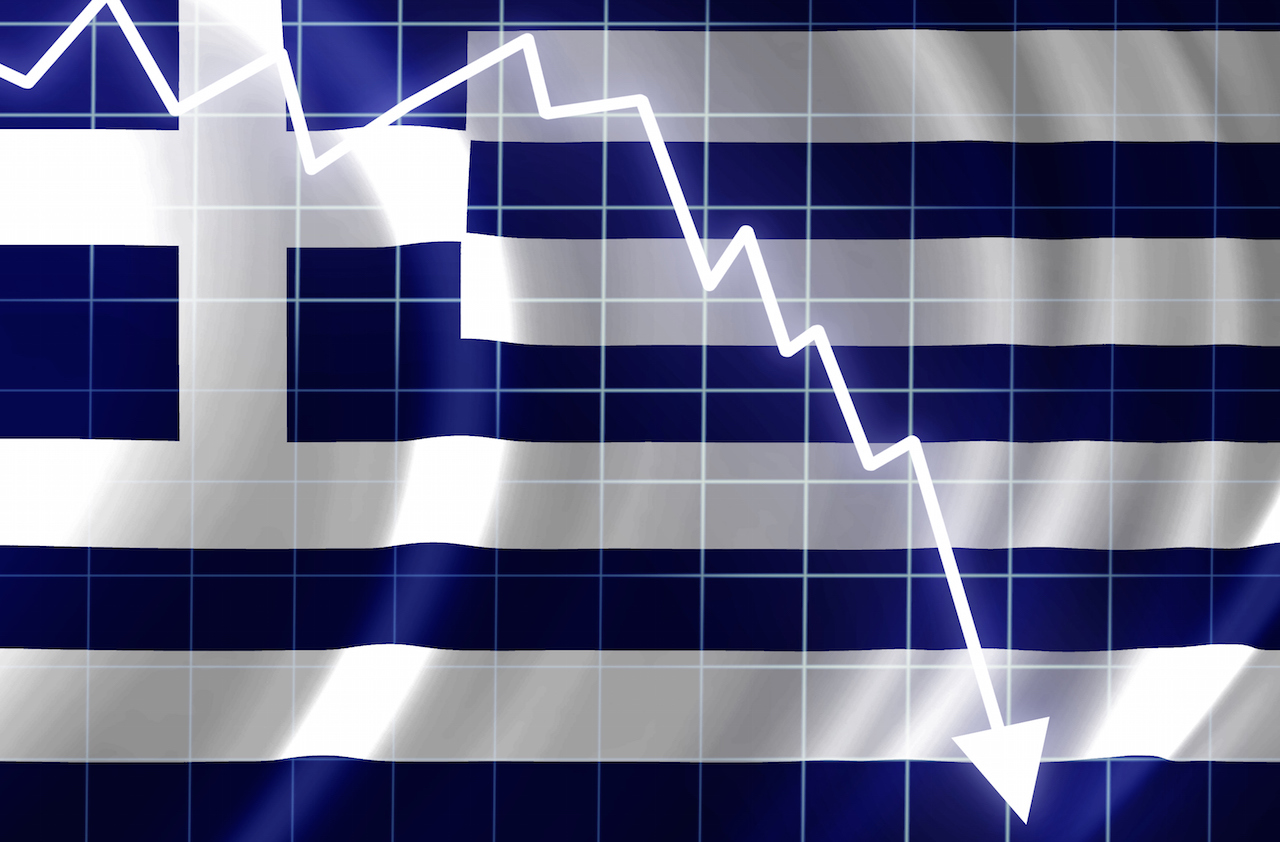Dow 20,000? Why Not?
Stock prices are reasonable relative to earnings and the returns from alternatives are meager. So, there's your upside potential.

Profit and prosper with the best of Kiplinger's advice on investing, taxes, retirement, personal finance and much more. Delivered daily. Enter your email in the box and click Sign Me Up.
You are now subscribed
Your newsletter sign-up was successful
Want to add more newsletters?

Delivered daily
Kiplinger Today
Profit and prosper with the best of Kiplinger's advice on investing, taxes, retirement, personal finance and much more delivered daily. Smart money moves start here.

Sent five days a week
Kiplinger A Step Ahead
Get practical help to make better financial decisions in your everyday life, from spending to savings on top deals.

Delivered daily
Kiplinger Closing Bell
Get today's biggest financial and investing headlines delivered to your inbox every day the U.S. stock market is open.

Sent twice a week
Kiplinger Adviser Intel
Financial pros across the country share best practices and fresh tactics to preserve and grow your wealth.

Delivered weekly
Kiplinger Tax Tips
Trim your federal and state tax bills with practical tax-planning and tax-cutting strategies.

Sent twice a week
Kiplinger Retirement Tips
Your twice-a-week guide to planning and enjoying a financially secure and richly rewarding retirement

Sent bimonthly.
Kiplinger Adviser Angle
Insights for advisers, wealth managers and other financial professionals.

Sent twice a week
Kiplinger Investing Weekly
Your twice-a-week roundup of promising stocks, funds, companies and industries you should consider, ones you should avoid, and why.

Sent weekly for six weeks
Kiplinger Invest for Retirement
Your step-by-step six-part series on how to invest for retirement, from devising a successful strategy to exactly which investments to choose.
During a recent TV interview, I was asked whether I thought the Dow Jones industrial average could reach 20,000 in 2015. “Most certainly,” I answered—and immediately headlines reported that Siegel was predicting Dow 20,000 for 2015. Of course, saying that the Dow could reach 20,000 is about as meaningful as saying that it could snow in Central Park in July. Can the Dow really hit that level?
Today’s stock market is certainly not as undervalued as it was in early 2012, when I made the bullish forecast that the Dow could hit 17,000 by the end of 2013, or as in late 2013, when I predicted that the Dow would end 2014 at 18,000. As stock prices near fair market value, the range of possible outcomes increases.
Nevertheless, at 20,000 the Dow stocks would be selling at just 17 times estimated 2015 earnings—only slightly higher than the median price-earnings ratio of 16.4 for these stocks over the past 20 years. Furthermore, earnings estimates for 2015 are only about 5% above 2014 estimates. This modest growth can easily be achieved by adding 2% expected inflation to the 2% to 3% earnings boost caused by stock buybacks. And if economic growth accelerates, earnings could grow much faster.
From just $107.88 $24.99 for Kiplinger Personal Finance
Become a smarter, better informed investor. Subscribe from just $107.88 $24.99, plus get up to 4 Special Issues

Sign up for Kiplinger’s Free Newsletters
Profit and prosper with the best of expert advice on investing, taxes, retirement, personal finance and more - straight to your e-mail.
Profit and prosper with the best of expert advice - straight to your e-mail.
But if the Dow is to reach 20,000 in 2015, there will have to be an expansion of P/E ratios as well as earnings growth. I believe that P/Es will continue to rise as a result of low interest rates that will persist into the year; interest rates will rise in 2015, but the increases will remain modest by historical standards. That’s because slower economic growth reduces the demand for capital, and because aging baby-boomers like the safety of bonds despite their low yields. Low rates will induce investors who are less risk-averse to continue to shift into stocks, and that should increase share prices.
Plenty of risks. Of course, a lot can go wrong with this bullish scenario. A major terrorist attack on the order of 9/11 (or worse) or a pandemic that turns out to be much worse than the recent Ebola scare is always a possibility. Another risk is a brewing shortage of skilled workers that would push wages and labor costs upward. That could generate inflationary pressures that force the Federal Reserve to raise short-term interest rates earlier and faster than anticipated.
On the international front, there are also risks. Russia’s Vladimir Putin could become more aggressive and begin eyeing the Baltic states and other former Soviet republics. In addition, China might take offense at any further monetary easing by the Bank of Japan that weakens the yen and erodes China’s competitive position. World trade is a linchpin of the global economy, and anything that disrupts trade—sanctions, embargoes, currency wars—could also cause significant economic damage.
Pleasant surprises. But there could also be plenty of unexpected upside in 2015. Labor participation rates could rise, easing fears of a labor shortage, and lower oil prices could revive productivity growth. That would increase the buying power of Americans and propel stocks higher. And wouldn’t it be nice if Congress and the President could agree on legislation to help solve our long-term-deficit problem? But don’t hold your breath; the GOP will probably wait for the 2016 election results.
Stock investors must realize that we have always lived in a world of uncertainty, and it’s no different now. You cannot wait until the sky is completely clear before you invest in the market. Right now, stocks are priced at reasonable levels relative to earnings and are particularly attractive given the returns available elsewhere in the financial markets. The Dow may not reach 20,000 in 2015, but I believe that this bull market still has plenty of room to run.
Profit and prosper with the best of Kiplinger's advice on investing, taxes, retirement, personal finance and much more. Delivered daily. Enter your email in the box and click Sign Me Up.

-
 Dow Leads in Mixed Session on Amgen Earnings: Stock Market Today
Dow Leads in Mixed Session on Amgen Earnings: Stock Market TodayThe rest of Wall Street struggled as Advanced Micro Devices earnings caused a chip-stock sell-off.
-
 How to Watch the 2026 Winter Olympics Without Overpaying
How to Watch the 2026 Winter Olympics Without OverpayingHere’s how to stream the 2026 Winter Olympics live, including low-cost viewing options, Peacock access and ways to catch your favorite athletes and events from anywhere.
-
 Here’s How to Stream the Super Bowl for Less
Here’s How to Stream the Super Bowl for LessWe'll show you the least expensive ways to stream football's biggest event.
-
 A Preview of the Fed Under Trump
A Preview of the Fed Under TrumpEconomic Forecasts John Taylor, a former Treasury official in the Bush administration, is a top candidate to replace Fed chair Janet Yellen.
-
 Investors, Don't Fear Higher Rates
Investors, Don't Fear Higher Ratesinvesting Although interest rates will rise modestly in coming months, that should not derail the bull market.
-
 Why Investors Shouldn't Be Afraid of Inflation
Why Investors Shouldn't Be Afraid of InflationEconomic Forecasts An inflation rate of 2% to 3% is good for stocks because it gives companies the power to raise prices, which helps boost profits.
-
 A Positive Outlook for U.S. Interest Rates
A Positive Outlook for U.S. Interest RatesEconomic Forecasts Instead of the threat of deflation from weak growth and falling prices, the U.S. is facing the opposite: accelerating inflation.
-
 Can the Fed Save the Stock Market?
Can the Fed Save the Stock Market?Markets In retrospect, it was ill-timed for the Federal Reserve to start hiking short-term interest rates. But that can easily be fixed.
-
 Bernanke's Ultimate Legacy
Bernanke's Ultimate Legacyinvesting The former Fed chairman's decisions in 2008 were an act of courage that averted an economic collapse far worse than we experienced.
-
 Worries About China’s Economy Are Overblown
Worries About China’s Economy Are OverblownEconomic Forecasts Among the consequences of China's slowdown: lower commodity prices, which actually benefit the U.S.
-
 Surviving the Greek Financial Crisis
Surviving the Greek Financial CrisisEconomic Forecasts Despite the recent friction, I believe the eurozone is stronger after putting down the Greek rebellion.